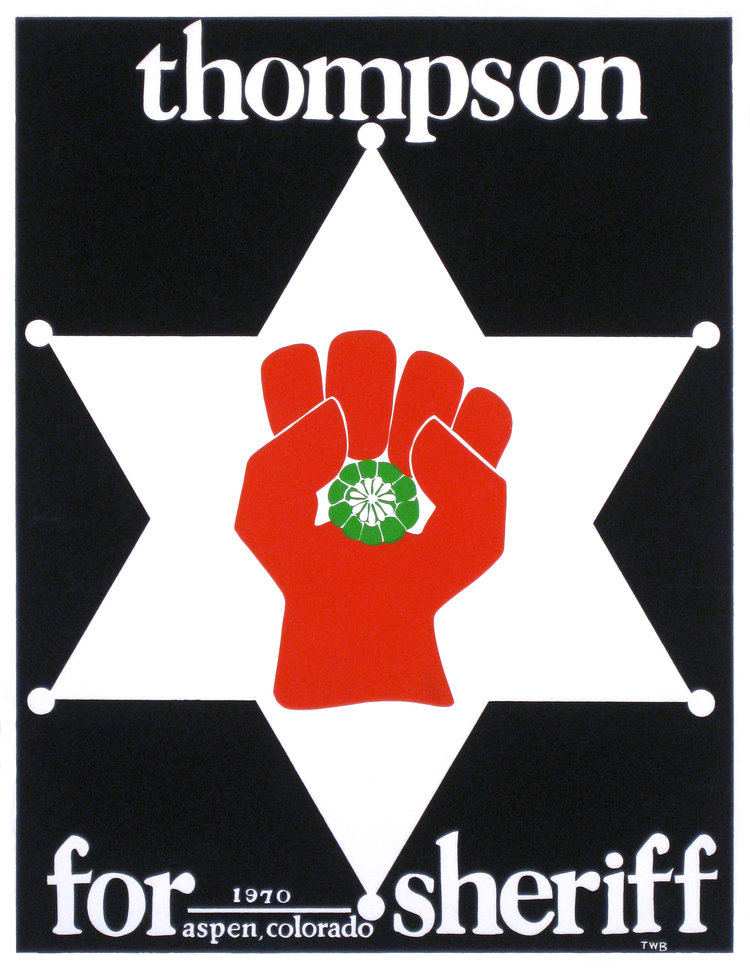German poet, playwright, and theoretician, Bertolt Brecht—author of such famous works as The Threepenny Opera (1928) and Mother Courage and Her Children (1938)—was a committed Marxist who proposed a new theater to shatter what he saw as the comfortable middle-class conventions of both tragic and realist drama. His theory of “epic theater” underlay his practice, an attempt to shock audiences out of complacency through what he called Verfremdungseffekt (“defamiliarization” or “distancing effect”).
Brecht’s enormous influence was felt not only throughout Europe, but also in the United States, where he settled for a short time along with many other German artists and intellectuals fleeing Nazi persecution. In 1943, Brecht collaborated with fellow exiles Fritz Lang and composer Hanns Eisler on the film Hangmen Also Die!, his only Hollywood script, loosely based on the assassination of number-two leader of the SS, Reinhard Heydrich.
Despite Brecht’s anti-Nazi activities, in 1947 he was nonetheless called before the House Un-American Activities Committee (HUAC) and accused of writing “a number of very revolutionary poems, plays, and other writings.” HUAC, fueled by postwar Communist and subversive paranoia, investigated dozens of artists and provided the model for Senator Joseph McCarthy’s witch hunts of the 1950s. Brecht’s friend Eisler was also called to testify, having been denounced by his own sister. Brecht was criticized by many for his appearance. As part of the “Hollywood Nineteen,” a group of screenwriters subpoenaed by HUAC, he was one of eleven who actually appeared, and the only member of the group who chose to answer questions. The remaining ten, including eventually blacklisted writers Dalton Trumbo and Ring Lardner, invoked their Fifth Amendment rights against self-incrimination. But Brecht was also the only foreigner in the group, as he put it, a “guest” in the country, and feared that his return trip to Europe would be delayed if he didn’t cooperate. After his testimony, Brecht wrote in a letter to Eisler:
“I see from some newspaper clippings that certain journalists thought I behaved arrogantly in Washington; the truth is that I simply had to obey my six lawyers, who advised me to tell the truth and nothing else. Not being a citizen either, I could no more refuse to testify than you could.”
Brecht’s testimony (excerpt above) has become somewhat legendary. The man who invented the theater of alienation turns this hearing into something of a piece of theater. Brecht did not lie to the committee; he denied official membership of any Communist Party, which was true. But his politics were decidedly problematic for HUAC. Instead of discussing them directly, Brecht gave answers that were often equivocal, ironic, or seemingly evasive, turning (like Bill Clinton’s post-Lewinsky testimony) on small matters of definition, or making use of the ambiguities of translation. For example, Chief Investigator Robert Stripling asks Brecht about a song entitled “Forward We’ve Not Forgotten” (from his play, The Decision) then reads an English translation of the song. Asked if he had written it, Brecht responds, “No, I wrote a German poem, but that is very different from this thing,” provoking laughter among the audience. In response to the question about his “revolutionary” writings, Brecht cleverly responds: “I have written a number of poems and songs and plays in the fight against Hitler, and of course they can be considered therefore as revolutionary, ‘cause I of course was for the overthrow of that government.”
The complete transcript of Brecht’s testimony is available here, and an audio excerpt is online here. Brecht’s testimony is a fascinating historical document of a time when censorship and political persecution were very much American activities.
Josh Jones is a doctoral candidate in English at Fordham University and a co-founder and former managing editor of Guernica / A Magazine of Arts and Politics.


